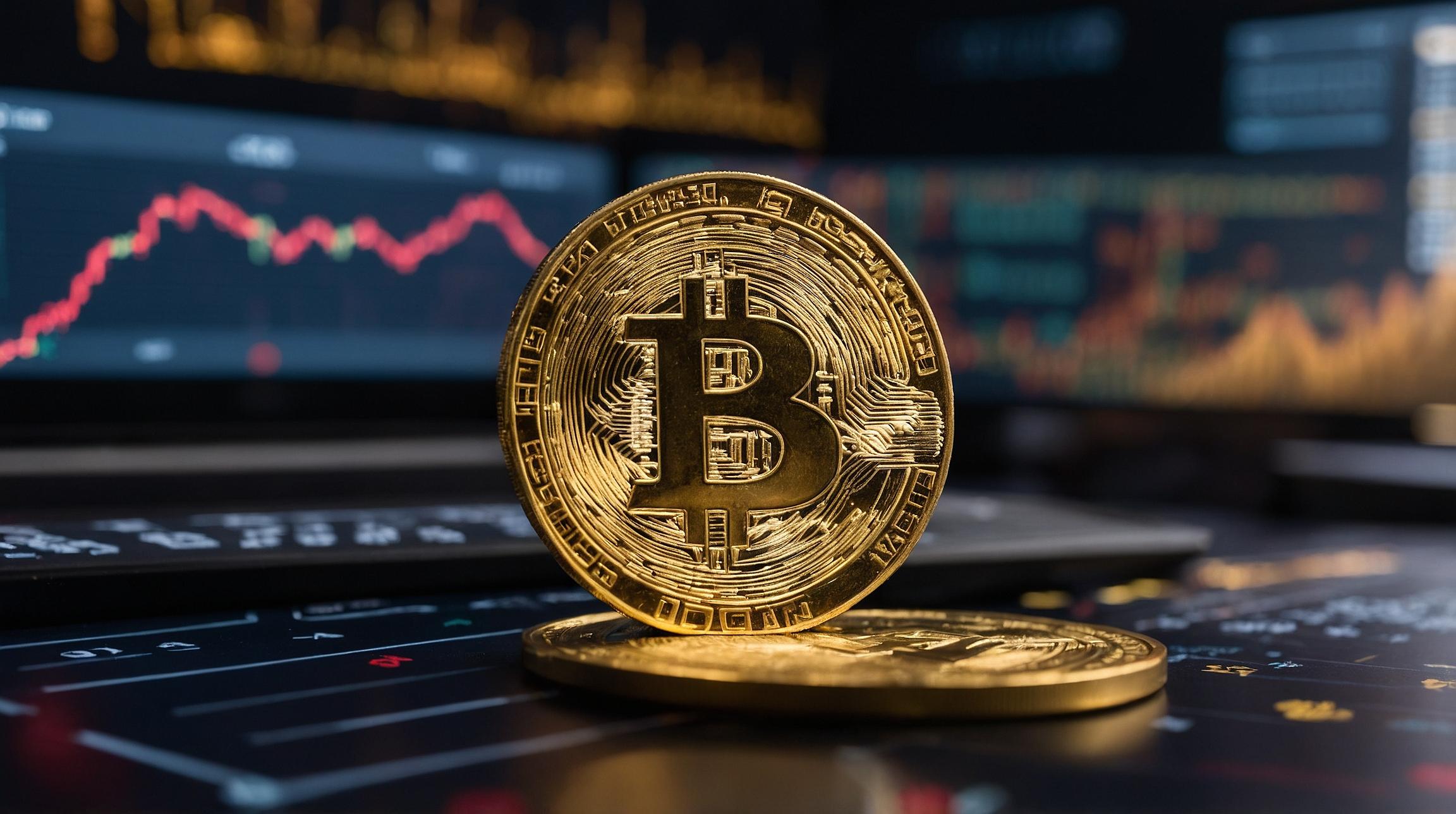Understanding the JPMorgan and VTB Legal Dispute
In a complex legal battle, JPMorgan Chase, the largest bank in the United States, recently asked a judge in Manhattan to dismiss its lawsuit against VTB Bank, Russia's second-largest bank. The lawsuit was originally filed over a substantial sum of $439.5 million linked to an account that was frozen following Russia's invasion of Ukraine.
Backdrop of the Legal Conflict
Initially, JPMorgan had taken legal action against VTB in April, claiming that VTB had sued in Russia to reclaim the frozen funds. However, the situation became more intricate when JPMorgan cited that U.S. sanctions blocked the release of these funds. Furthermore, JPMorgan highlighted that VTB had previously agreed to resolve any disputes in Manhattan courts, not in Russian courts.
The Role of Sanctions and Court Orders
The U.S. Department of the Treasury placed VTB on its sanctions list in February 2022, which added layers of complexity to the financial interactions between the two banks. Consequently, JPMorgan faced a predicament when a Russian court issued an injunction demanding the cessation of the lawsuit in Manhattan. This forced JPMorgan to request the dismissal "against its will," as continuing the lawsuit could have exposed the bank to uncertain risks in Russia.
Judicial Proceedings and Concerns
The case is currently being reviewed by U.S. District Judge Lorna Schofield. Notably, Judge Schofield fined VTB $500,000 for non-compliance with her order to seek a stay in the Russian case. This reflects the ongoing tensions and challenges faced by financial institutions navigating international disputes amid geopolitical tensions.
Financial Stakes and Asset Freezes
JPMorgan has disclosed in its latest quarterly report that it is encountering claims and potential asset freezes in Russia that surpass the value of assets it holds there. This highlights the precarious situation for Western banks operating in sanctioned environments and the potential for significant financial repercussions.
The case underscores the broader implications of international sanctions and legal jurisdictions on banking operations and the strategic decisions banks must make in such environments.













